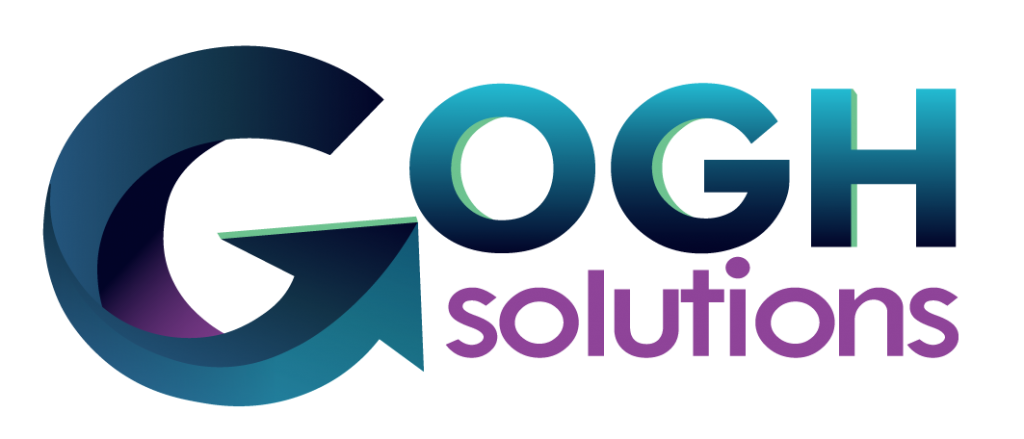GoghComplete – Optimizing CAPEX for Large Projects
 Large, transformative FSM projects are a major investment. Securing the funding for these investments can be a challenge. For utility organizations, in particular, the budget for new operating expenses can be very slim.
Large, transformative FSM projects are a major investment. Securing the funding for these investments can be a challenge. For utility organizations, in particular, the budget for new operating expenses can be very slim.
Ordinarily, a substantial part of new implementations is funded from the operative expenses (OPEX) budget. OPEX budget limitations can make it very challenging to secure the budget for the implementation, the ongoing subscription licenses, and the necessary post-go-live support.
On the other hand, utility organizations can often more easily secure capital expenditure funding (CAPEX). For large, asset intensive organizations such as utilities, CAPEX budgets can sometimes be a more realistic way of securing funding.
But a problem remains: typically, substantial portions of a large project are ordinarily treated as OPEX.
But Gogh Solutions developed GoghComplete – for this very challenge.
GoghComplete
GoghComplete is a unique approach which may allow your organization to maximize capital expenditures and minimize operative expenses associated with a large, transformative project.
GoghComplete bundles together the following elements of a transformative Field Service Management project:
- Initial implementation costs
- Five years of subscription license cost
- Five years of ongoing support cost
Based on your organization’s needs and priorities, you may be able to treat the entire bundle as a single procurement exercise with a single financial transaction. And your organization may be able to treat the entire bundle as a capital expenditure, as all three components depend on and require the other components. This creates a single financial asset which can, based on your organization’s financial rules, be used to maximize capital expenditures.
In short, the benefits of GoghComplete are clear:
- A single financial transaction
- A single procurement exercise
- A single partner to hold accountable for all aspects of the success of this investment.
- A unified financial offering that aligns with a unified solution.
Calculating ROI
No matter which funding approach your organization uses, Return on Investment is key. Determining a realistic target ROI is essential to view how your organization will recoup its investment and add value—both in the short and long term. We’ve covered this topic before, and have a section of our website dedicated to calculating your ROI.
Here are a few things to keep in mind when it comes to financial optimization:
- Consider both the immediate and related impacts of an optimized solution. For example:
- A key goal is to optimize your technicians’ daily schedules.
- An optimized schedule will very directly improve technician productivity and reduce costs per service call.
- An optimized schedule will also reduce miles driven and reduce wear and tear on vehicles.
- An optimized schedule may also help ensure a higher first-time fix rate, which results in happier customers and more satisfying work for your technicians.
- Keep your competition in mind. Every competitor is trying to refine and optimize their ability to deliver brilliant service to their customers – and thus you must also!
- Keep your long-term goals in mind. What are your growth plans for meeting customer’s needs in the field?
- A more powerful field service solution delivers better data. Better data equips your organization to conduct better analysis on what is really happening each day across your field service organization. Better analysis capability delivers better decision-making. Better decision-making empowers your organization to more effectively understand where it can improve, where it can reduce costs, and where it can improve employee productivity.
Building a Business Case
The beginning of a business case should always start with where you want your organization to be.
- What’s important to your employees?
- What’s important to your customers and stakeholders?
- Do you need to do more with less?
- How well are you set up for growth?
- How have you coped with change in the past, and how are you set up to deal with challenges in the future?
Knowing more about ROI and your business, as well as what type of expenditure makes the most sense for your organization is a great way to get started—but make sure you’re asking yourself, your leadership, and your employees about what operational challenges you’re seeing to gain some focus.
If you need help reviewing your organization’s operations for areas where you can maximize benefits or improve, would like to learn more about Gogh Complete and calculating ROI, or would like our assistance putting together a business case for your FSM solution, we’re happy to help.
